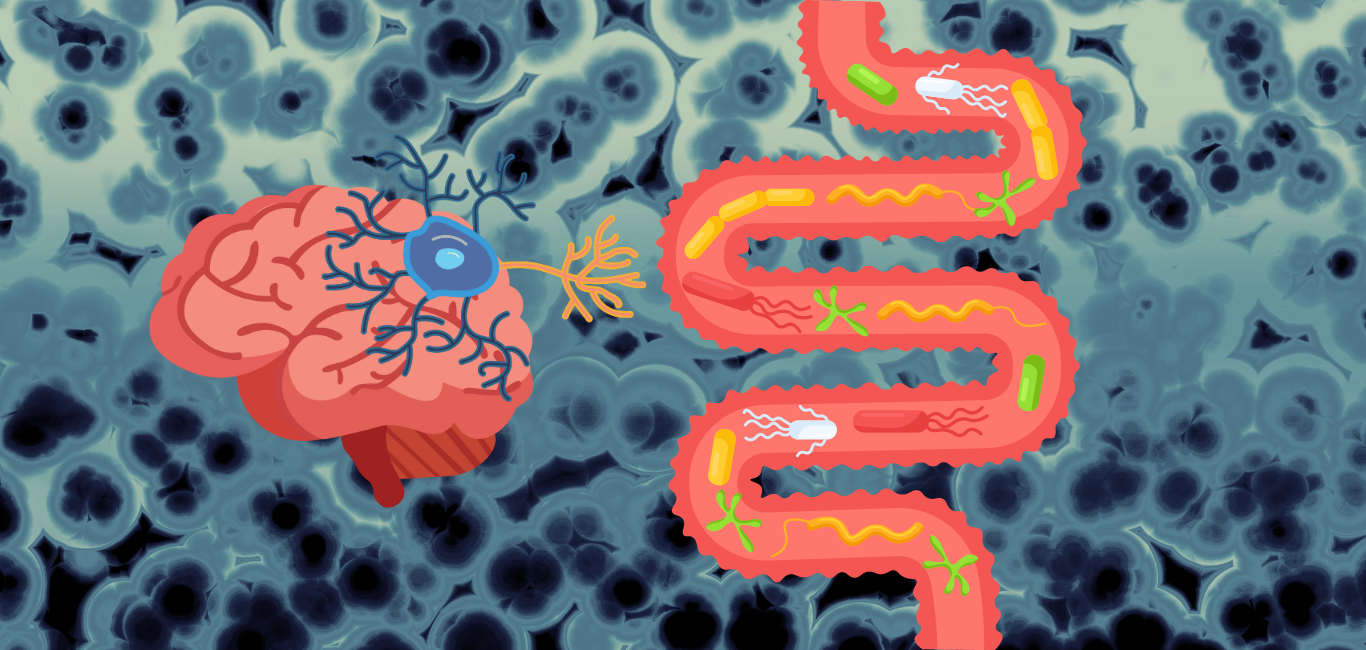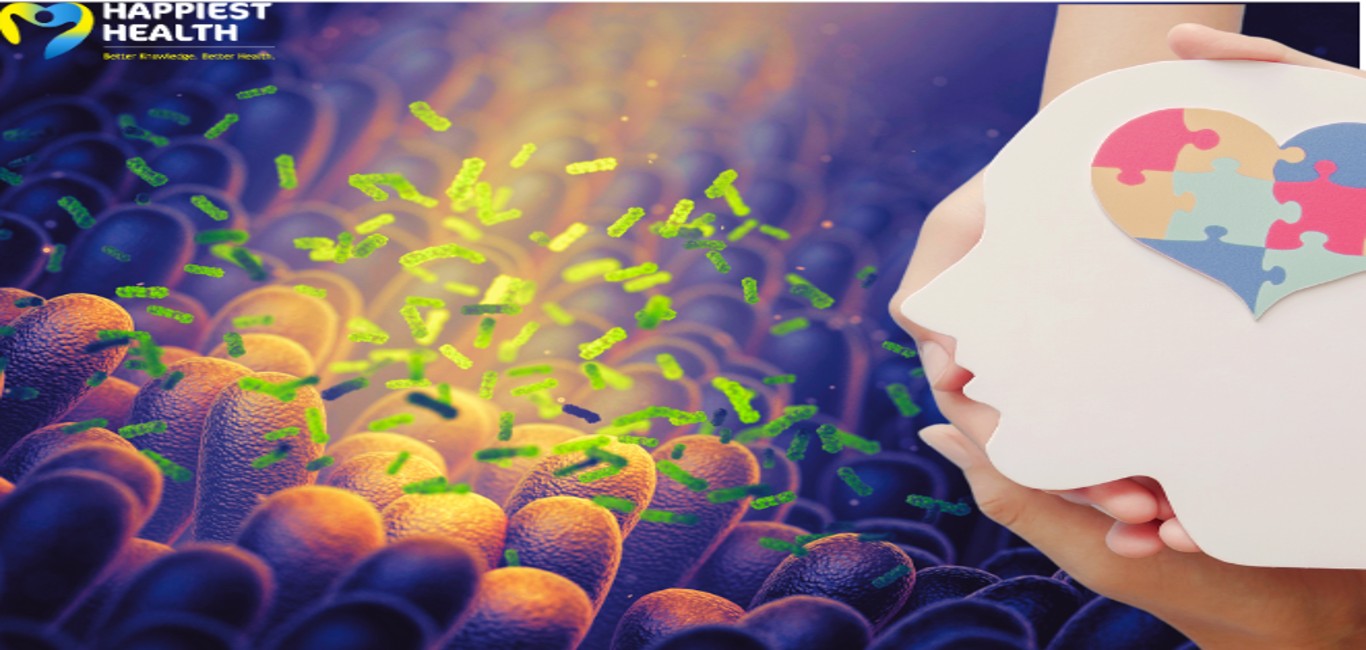
We have all felt that knotty sensation in our stomach when we are nervous or that gnawing irritation when hungry. This goes to show how closely linked our brain and digestive system are.
However, scientists have not studied in detail the specific types of neurons in our body that are responsible for transmitting signals between the gut and the brain, and how they might be involved in conditions like inflammatory bowel disease (IBD), constipation, or diarrhoea.
But now, researchers from Harvard Medical School, Massachusetts, have achieved a significant breakthrough. They have identified five distinct types of sensory neurons in the gut, and each of these neurons has a unique job. Some help us sense movement in our gut, while others might be responsible for causing pain.
The study published in Cell on 3 August also reveals that these gut neurons are similar to those found in the skin, suggesting that they work in a similar way, irrespective of where they are in the body. “This was a surprising and interesting finding of our study,” Dr Rachel Wolfson, research fellow at Harvard Medical School and a gastroenterology fellow at Massachusetts General Hospital, USA and lead researcher of the study, told Happiest Health.
The study sheds light on the underlying mechanisms of gastrointestinal issues. It paves the way for innovative approaches to managing conditions like IBS, constipation, and diarrhoea.
Shape determines function
Dr David Ginty, Professor of Neurobiology in the Blavatnik Institute at Harvard Medical School, USA and senior author of this study, had previously found how sensory neurons in our skin talk to the brain, which gave insights into how the brain interprets touch.
Building on those findings, his team for the current study used advanced techniques and identified the gut neurons, their shape and form.
“We know that form underlies function, so the fact that the colon neurons look different from each other made us think that they have different functions,” Dr Wolfson said in a statement.
Interestingly, the researchers found that five subtypes of sensory neurons, known as the DRG neurons, which are also found in the skin, were present in the colon but with distinct shapes. This led them to think that these neurons might be doing different things in the gut compared to what they do in the skin.
Colon’s hidden network
To better understand how these gut neurons work, the researchers conducted experiments on mice. They observed how the neurons responded when the colon was stretched to different levels, simulating the natural expansion that occurs when food or stool moves through it.
They noticed that some neurons reacted to gentle stretching, as if the colon was mildly expanding. Others responded to intense stretching, as if the colon was experiencing vigorous stretching. And some other neurons were sensitive to an inflammatory condition, which can cause discomfort.
When the researchers activated the neurons that responded to excessive stretching, the mice showed signs of pain. To confirm their findings, they removed these specific neurons and induced intense stretching again. This time, the mice showed reduced pain responses, indicating that these neurons play a significant role in sensing pain.
Additionally, when the researchers caused inflammation, they noticed that one specific type of pain-sensing neuron became even more sensitive, suggesting that it might be involved in sensing and responding to inflammation-related discomfort.
Future of gastrointestinal therapy
Based on their findings, the researchers are optimistic about developing effective treatments for gastrointestinal conditions. However, before this can happen, they will scale up their research to confirm these findings in humans. “Now that we have found specific subtypes of DRG neurons that respond to different stimuli, we can start to look for therapeutic targets within those subtypes to treat various conditions,” said Dr Wolfson.
Understanding the neuron subtype sensitive to inflammation could be crucial for treating pain in people with IBS, especially when combined with anti-inflammatory medications.
“We plan to continue to study these neurons in other parts of the GI tract and understand how they respond to a wider range of stimuli, for example, bacterial products produced during GI infections,” said Dr Wolfson.


















2 Responses
It is also found that useful bacteria in the guts produce 95% happy harmones.
Dear Dr Harun,
Thank you for your feedabck.
We look forward to your continued engagement with our articles as we cover the various aspects of the gut-brain link.